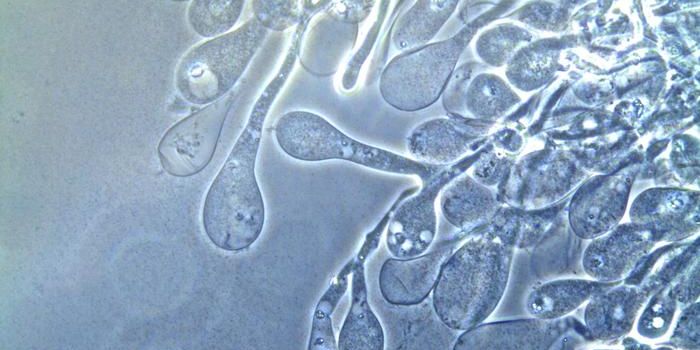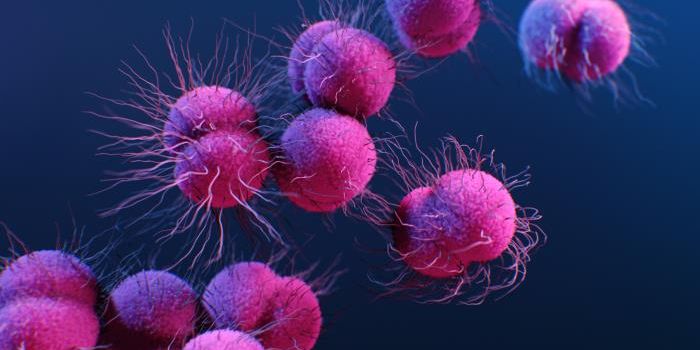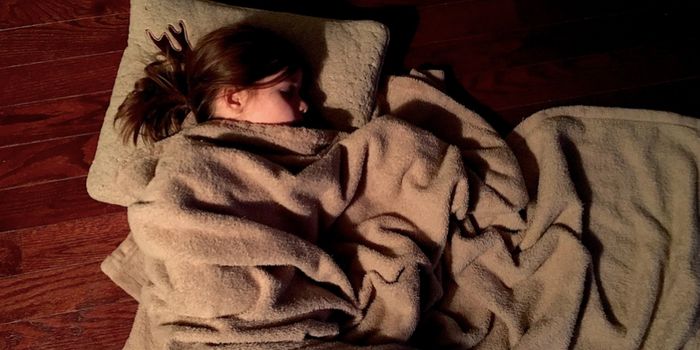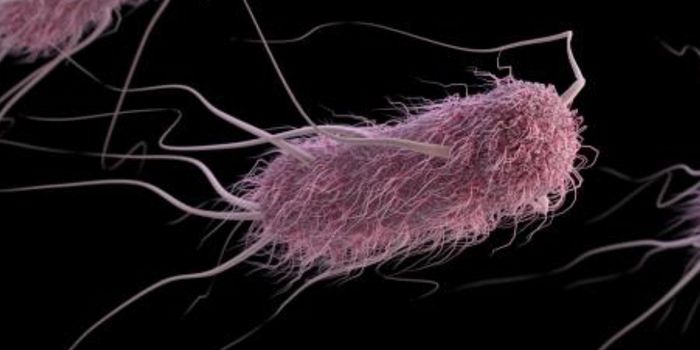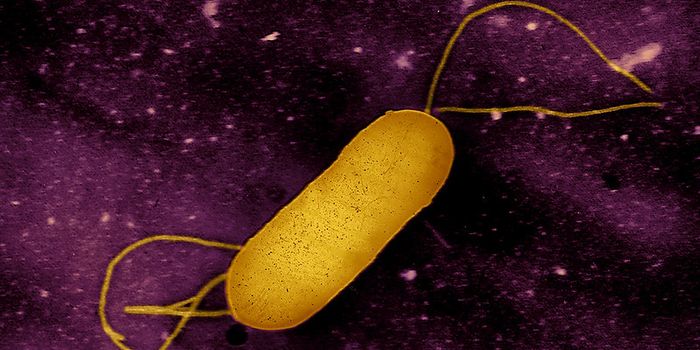New Plastic Eating Fungi & Microbes are Discovered in a 'Plastisphere'
Plastic waste is a major problem around the world. About 7 billion of the 9.2 billion tons of plastic that was generated from 1950 to 1970 became trash and was not recycled. Between 1980 and 2018, the amount of plastic garbage generated in the US alone increased from 7.4 million to 35.7 million tons. As of 2022, the US plastic recycling rate was about five percent, a decrease from the 2018 rate of around eight percent. Plastic pollution is everywhere on the planet including land, oceans, and air; plastic has been found everywhere from Arctic sea ice, to the Great Pacific Garbage Patch, and in wilderness. Microplastics are in the food chain, and can now also be found throughout the human body.
Scientists are trying to find ways to deal with this serious and growing problem. While reducing plastic use is important, new research has suggested that microbes could also help degrade some of our plastic trash.
Reporting in the Journal of Hazardous Materials, researchers have found a diverse microbiome of fungi and bacteria living in the coastal salt marshes of Jiangsu, China, which can degrade polyurethane plastics. In this microbiome, there were 184 and 55 different strains of fungi and bacteria, respectively, which can degrade polycaprolactone (PCL), a type of polyester that is commonly used in the production of polyurethanes. Though their abilities may seem a bit limited, the study suggested that Jonesia and Streptomyces bacterial strains might be able to degrade other petroleum-based polymers as well.
These microbes were found in what is now known as a terrestrial plastisphere, a region in which humans have triggered the accumulation of plastic debris in a coastal area. The microbiome found in this work was also different from a nearby soil microbiome.
There are now 436 species of fungi and bacteria that have been found to break down plastic. Scientists are still looking for the best ways to harness their abilities, however.
Study co-author Dr. Irina Druzhinina, the Senior Research Leader in Fungal Diversity and Systematics at Royal Botanic Gardens, Kew noted that this process will take way too long if we simply let nature work at its own pace. "That is why our task is to utilize the knowledge we already possess of microbial biology, to speed up and direct the evolution of microbes and their individual genes to do the job now."
The microbes of the world have tremendous power, and we may be able to use that to our advantage.
"It is truly exhilarating to realize we have barely scratched the surface and have already discovered a wealth of potentially promising resources for future technologies. This realization fills me with an incredible sense of satisfaction, knowing that there are numerous discoveries still to be made and that our work can potentially lead to significant advancements in the field," said Dr. Feng Cai of Sun Yat-sen University in Shenzhen, China.
Sources: Royal Botanic Gardens, Kew; Journal of Hazardous Materials


